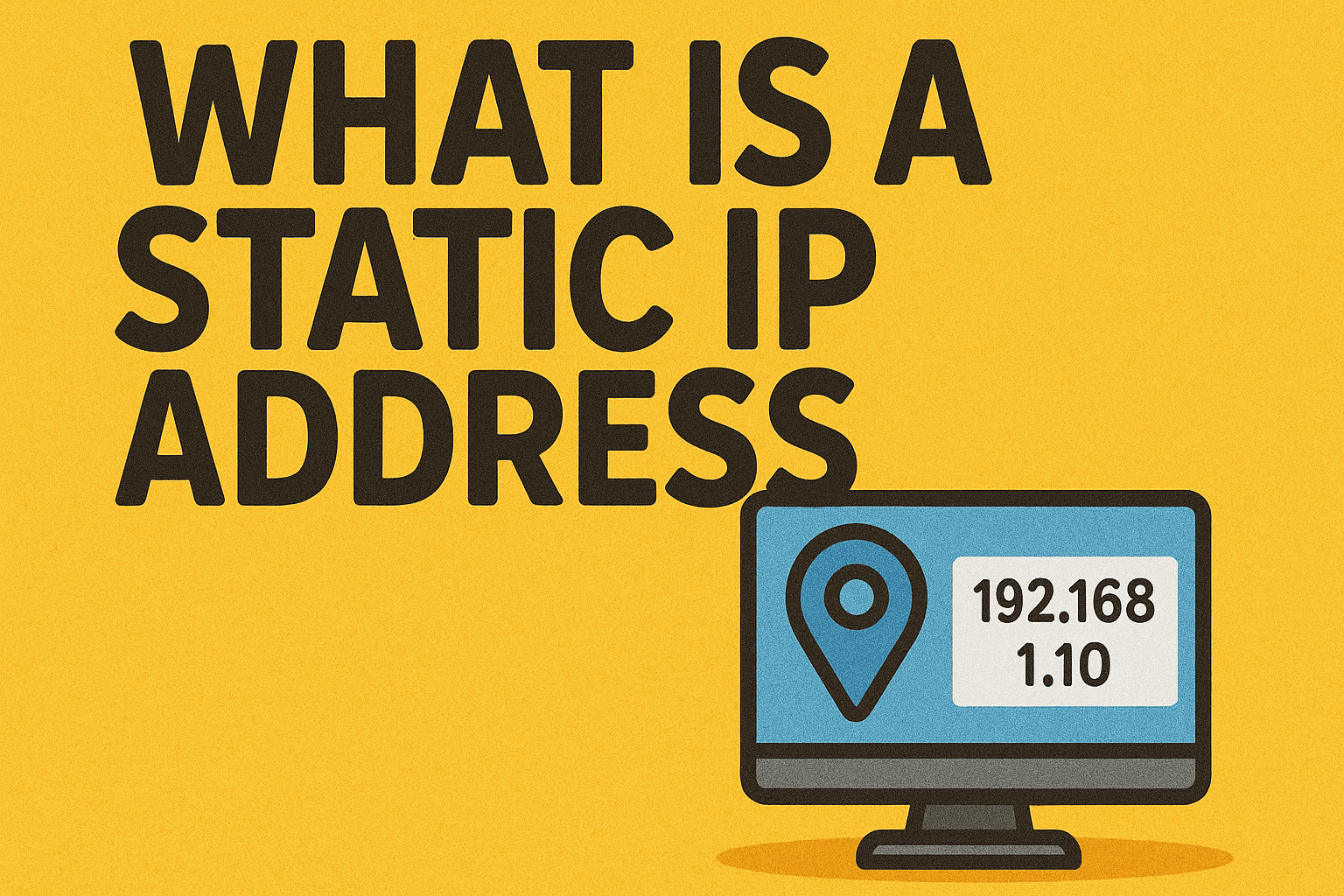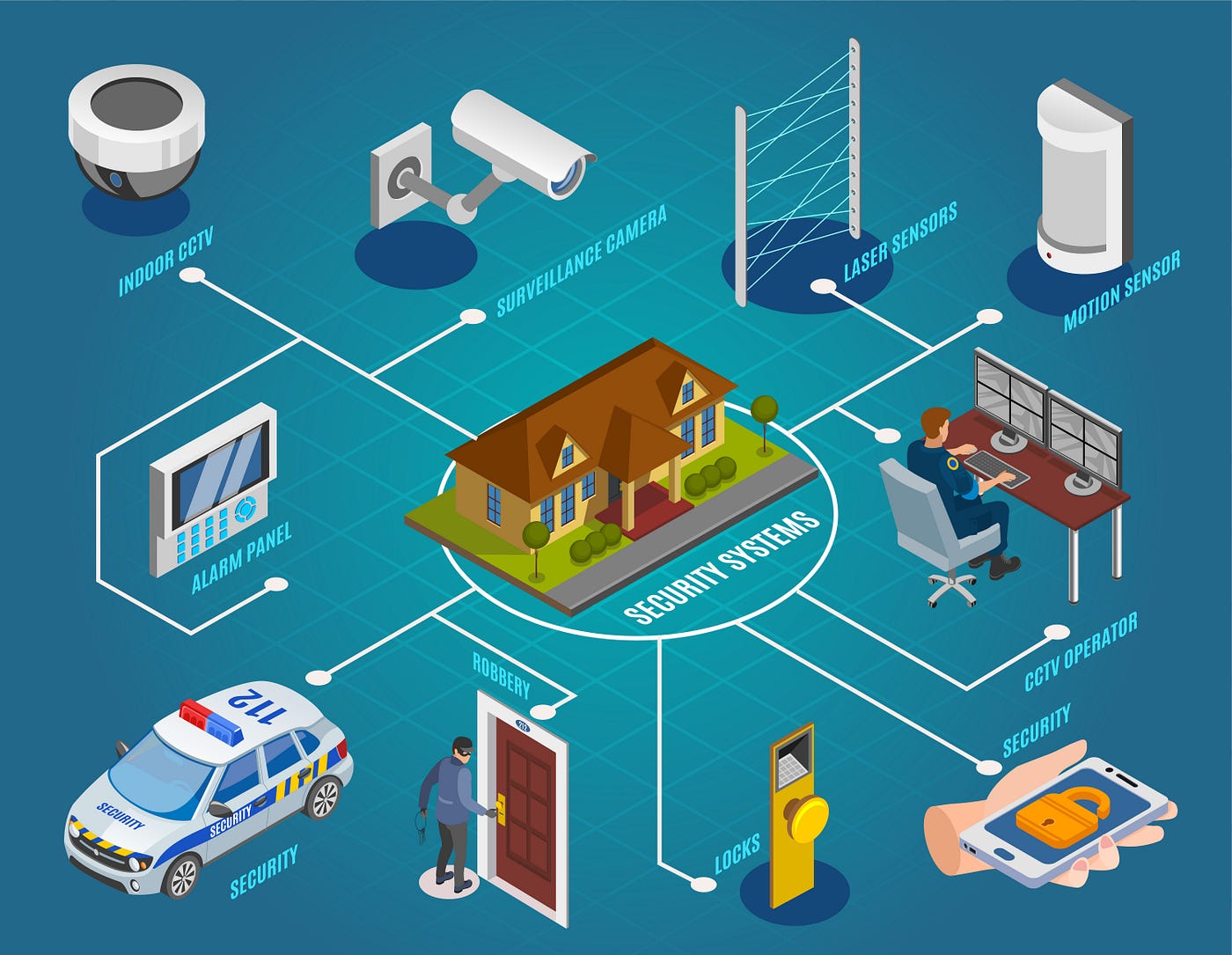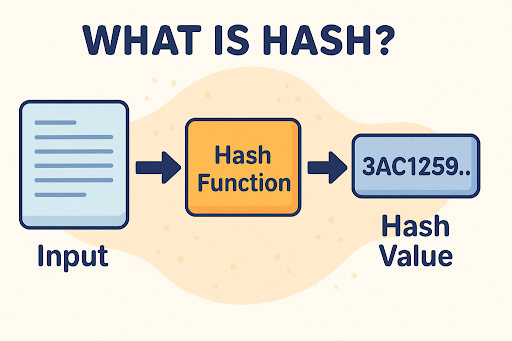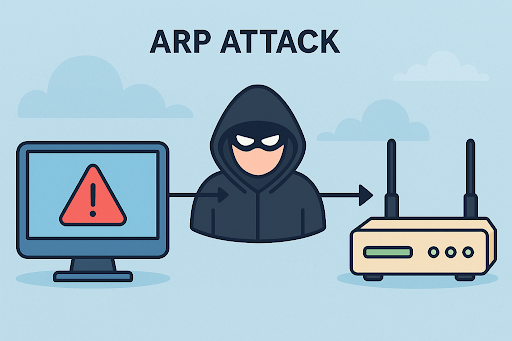What Is a Static IP Address? Everything You Need to Know
Updated on September 23, 2025, by Xcitium

Have you ever asked yourself, what is a static IP address and why businesses rely on it for security and connectivity? While most devices use dynamic IPs that change regularly, a static IP remains fixed, offering stability and predictability. For IT managers, cybersecurity experts, and CEOs managing digital infrastructures, understanding static IP addresses is essential.
In today’s business landscape, where remote access, VPNs, and secure hosting are critical, static IPs play a crucial role in improving network performance and safeguarding data. In this article, we’ll break down what static IPs are, how they differ from dynamic IPs, and why they matter for cybersecurity and business operations.
What Is a Static IP Address?
A static IP address is an unchanging, permanent internet protocol (IP) address assigned to a device or network. Unlike a dynamic IP that is automatically assigned by the ISP and changes over time, a static IP remains fixed, providing consistent access.
Key characteristics of a static IP address:
-
Always remains the same unless manually changed.
-
Provides reliability for servers, VPNs, and remote access.
-
Requires manual configuration.
👉 Example: A company hosting its own email or web server will often use a static IP so clients and employees can reliably connect without disruptions.
Static vs. Dynamic IP Addresses
To fully understand what is a static IP address, it’s helpful to compare it with dynamic IPs.
| Feature | Static IP Address | Dynamic IP Address |
|---|---|---|
| Assignment | Manual or ISP-assigned | Automatically by DHCP |
| Consistency | Fixed, does not change | Changes periodically |
| Cost | More expensive | Included with standard ISP plans |
| Use Case | Servers, VPNs, businesses | Home internet, personal devices |
How Does a Static IP Address Work?
Static IPs function just like regular IP addresses but are configured manually by IT administrators or assigned by an ISP. Here’s how it works:
-
Device Configuration – An IT admin manually assigns the IP in the system’s network settings.
-
Unique Identifier – The static IP acts as a permanent address for that device.
-
Direct Communication – Other systems can always find the device using this IP.
-
Stable Access – Perfect for services that require reliable connectivity.
Advantages of a Static IP Address
For businesses, static IP addresses offer several important advantages:
-
Remote Access Reliability – Employees can securely connect to company networks without interruptions.
-
Hosting Services – Crucial for web, email, and FTP servers.
-
Improved DNS Support – Easier to set up domain name systems.
-
Better VoIP Performance – Enhances call quality for voice over IP solutions.
-
Enhanced Security – Simplifies firewall and VPN configuration by allowing whitelisting of IPs.
Disadvantages of a Static IP Address
While useful, static IPs also come with challenges:
-
💸 Higher Costs – ISPs usually charge more for static IPs.
-
⚠️ Increased Security Risks – Hackers can more easily target a device with a fixed address.
-
🛠️ Manual Configuration – Requires technical knowledge to set up and maintain.
-
📡 Limited Scalability – Not ideal for large organizations with thousands of devices.
When Should You Use a Static IP Address?
Static IP addresses are not always necessary, but they are invaluable in certain cases:
-
Running business servers (web, email, FTP).
-
Using VPNs for remote workforces.
-
Configuring CCTV and security systems.
-
Operating IoT devices requiring stable communication.
-
Managing business-critical applications where reliability is a must.
For personal users, a dynamic IP is usually sufficient. For businesses, however, static IPs can significantly improve network control and cybersecurity.
Static IPs and Cybersecurity
Cybersecurity leaders often debate the risks and benefits of static IPs. On one hand, they simplify firewall and access control policies, allowing organizations to whitelist specific IP addresses. On the other hand, since static IPs don’t change, they can become predictable targets for attackers.
That’s why businesses should pair static IPs with:
-
Firewalls (hardware or software-based).
-
VPNs with encryption.
-
Endpoint protection solutions like Xcitium.
This layered defense ensures that even if hackers discover your static IP, they cannot exploit it easily.
Best Practices for Managing Static IPs
To reduce risks and maximize performance, IT teams should follow these practices:
-
Document Assignments – Keep a log of all static IPs in use.
-
Use Network Segmentation – Isolate critical services on different IP ranges.
-
Apply Strong Authentication – Always pair with multi-factor authentication.
-
Update Firewall Rules – Continuously monitor and refine security policies.
-
Monitor Network Traffic – Detect unusual activity tied to static IPs.
FAQ: What Is a Static IP Address?
Q1. Is a static IP address better than a dynamic one?
It depends. Static IPs are better for businesses needing reliable connections, while dynamic IPs are cost-effective for home users.
Q2. Does a static IP make the internet faster?
Not directly, but it can improve performance for hosting and VoIP services by reducing downtime and connection issues.
Q3. Can I get a static IP at home?
Yes, most ISPs offer static IPs for residential customers at an additional cost.
Q4. Is a static IP safer than a dynamic IP?
Not necessarily. Static IPs can be easier to target, but with proper security measures, they can be highly secure.
Q5. How do I know if I have a static IP?
Check your device’s network settings or ask your ISP. If the IP never changes, it’s static.
Conclusion
So, what is a static IP address? In essence, it’s a permanent network identifier that improves stability, security, and accessibility. While not necessary for everyday users, static IPs are essential for businesses running servers, VPNs, or remote access networks.
For IT managers and cybersecurity leaders, the decision to use static IPs should always include strong security controls. By combining static IPs with firewalls, VPNs, and endpoint protection, you can create a robust defense against cyber threats.
👉 Take your organization’s security to the next level with Xcitium’s advanced cybersecurity solutions. Request a Demo today and safeguard your network with enterprise-grade protection.
















